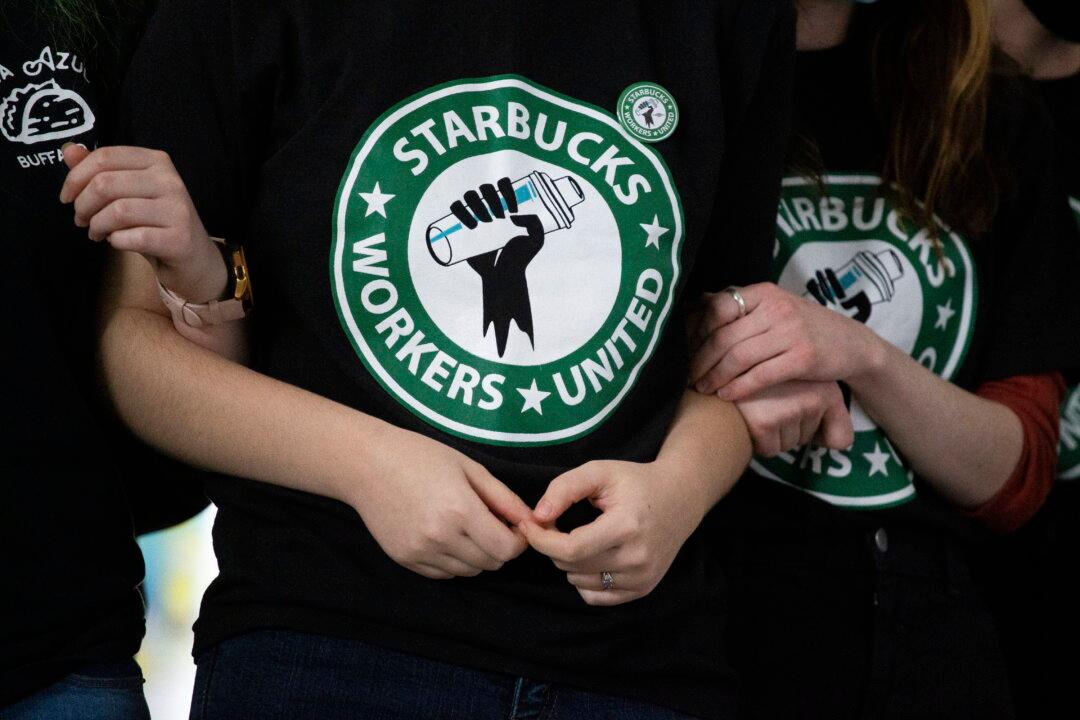On Aug. 18, a federal district judge ordered Starbucks to reinstate seven workers who were fired for organizing a union drive at a store in Memphis, Tennessee.
U.S. District Court Judge Sheryl H. Lipman ruled that the coffee company failed to prove that it consistently enforced similar company policies at other locations under similar circumstances.





